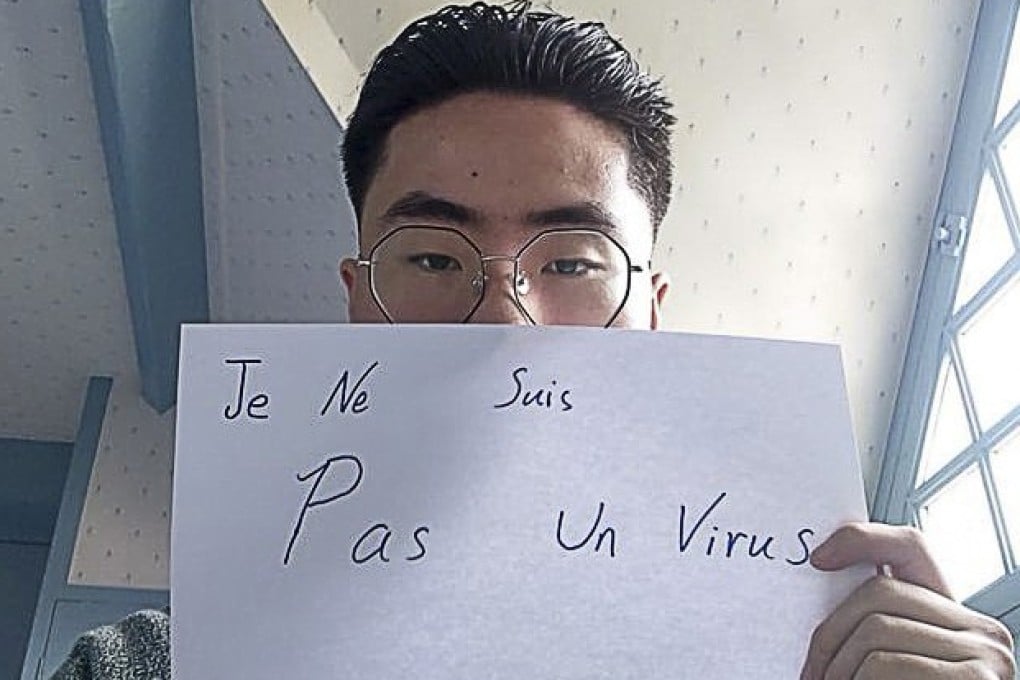Coronavirus: outbreak has stoked a rise in xenophobia, Chinese living abroad say
- Recent attacks have been reported on Asians in New York, England and Germany
- While most of those interviewed have not experienced extreme bigotry themselves, they see daily ‘microaggressions’ become more common

Amid sporadic attacks that have occurred in US and European cities, many overseas Asians interviewed by the South China Morning Post said that while they have not personally experienced extreme bigotry or physical attacks, daily “microaggressions” appear to have become more common since the outbreak.
Sophie Xu, a 24-year-old British Chinese finance worker based in Frankfurt, said that many strangers have told her to leave Germany outright, or say “Chinese” or “coronavirus” when they see her in passing.
“A friend of a friend got spat on in the streets by a group of men in Austria – she’s not even Chinese but Vietnamese,” she said.
In just the past week, local media have reported random physical attacks on Chinese or Asians in New York City, Sheffield in England, and Berlin in Germany. In the New York and Sheffield cases, the victims were wearing masks. In Venice, Italy, two Chinese tourists were spat at on the street.

The coronavirus, which originated in the central Chinese city of Wuhan, has killed more than 560 people and infected over 28,000, mostly in mainland China.